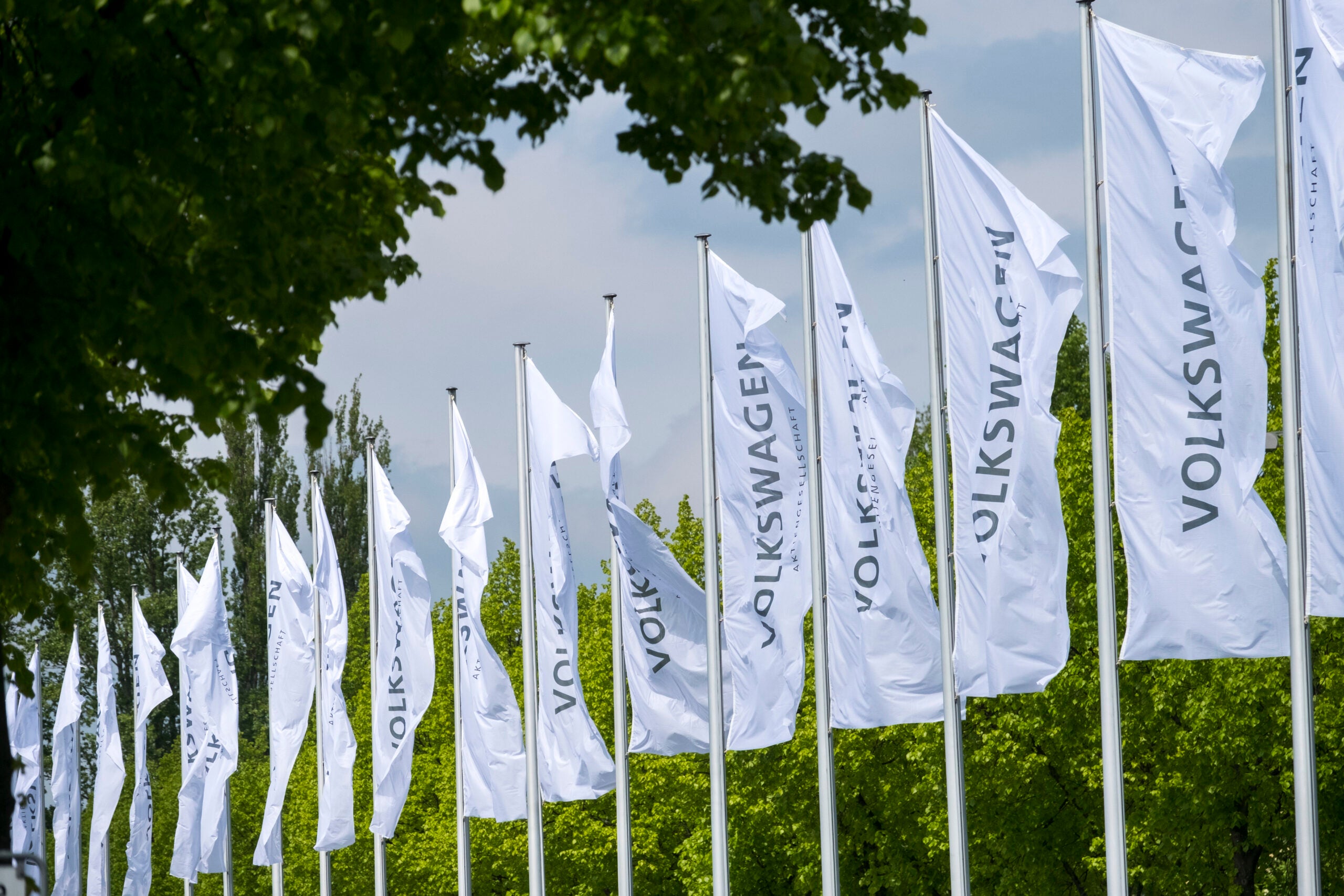
Volkswagen in Germany has rejected union demands over pay and plant guarantees after the first round of collective bargaining negotiations ended without agreement.
IG Metall and VW are negotiating new labour deals for the core VW brand’s 130,000 workers in Germany, after the group this month ended agreements that had safeguarded employment at six of its plants in Germany for decades.

Discover B2B Marketing That Performs
Combine business intelligence and editorial excellence to reach engaged professionals across 36 leading media platforms.
Workers at VW have threatened strikes in response to VW’s warnings of the possible need for plant closures in Germany as part of cost-cutting measures aimed at making it more competitive versus rival OEMs with much lower cost bases.
IG Metall has threatened strikes from the start of December and is also insisting on a 7% pay rise.
Arne Meiswinkel, chief negotiator for Volkswagen AG said: “We must safeguard Volkswagen’s future viability and competitiveness in the long term. To do this, we need to reduce costs. Now is the time to take groundbreaking action together.”
During the negotiations, Arne Meiswinkel rejected IG Metall’s demands for plant guarantees, saying: “We can only future-proof Volkswagen if we are competitive. To achieve this, we need sustained cost reductions and a future-proof structure for the working conditions covered by our collective bargaining agreement.
“We must also reduce our labour costs in Germany. We can only maintain our top position and safeguard jobs in the long term if we work more economically. The one presupposes the other and cannot be achieved without a contribution from the workforce. In the upcoming collective bargaining process, we will therefore be seeking solutions that strengthen both the company and the workforce in the long term. As the parties to the collective bargaining agreement, we must work together to shape the company’s future viability and safeguard it for the long term.”






